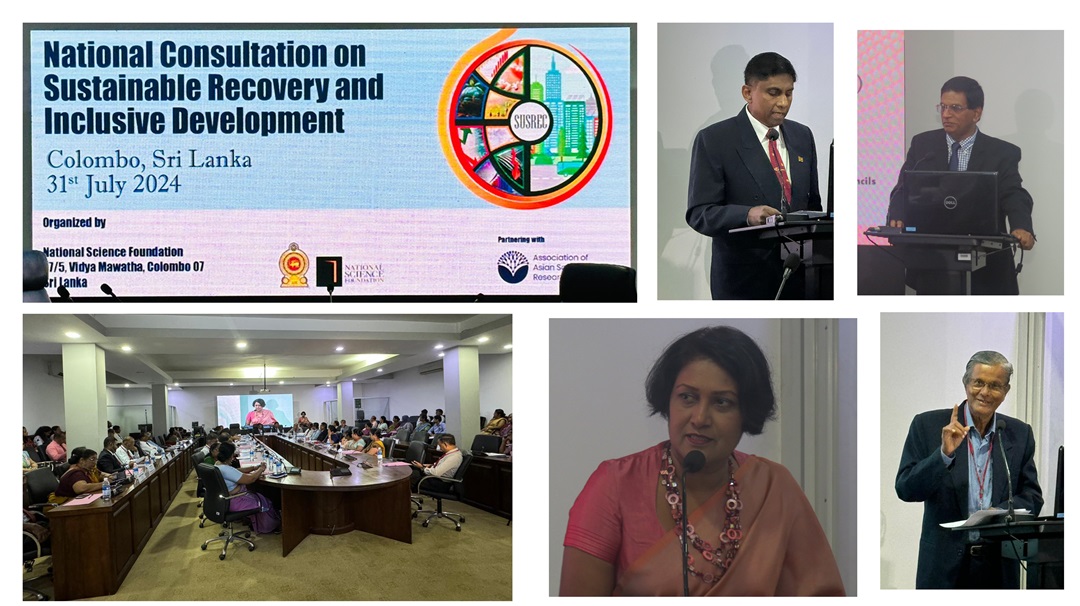
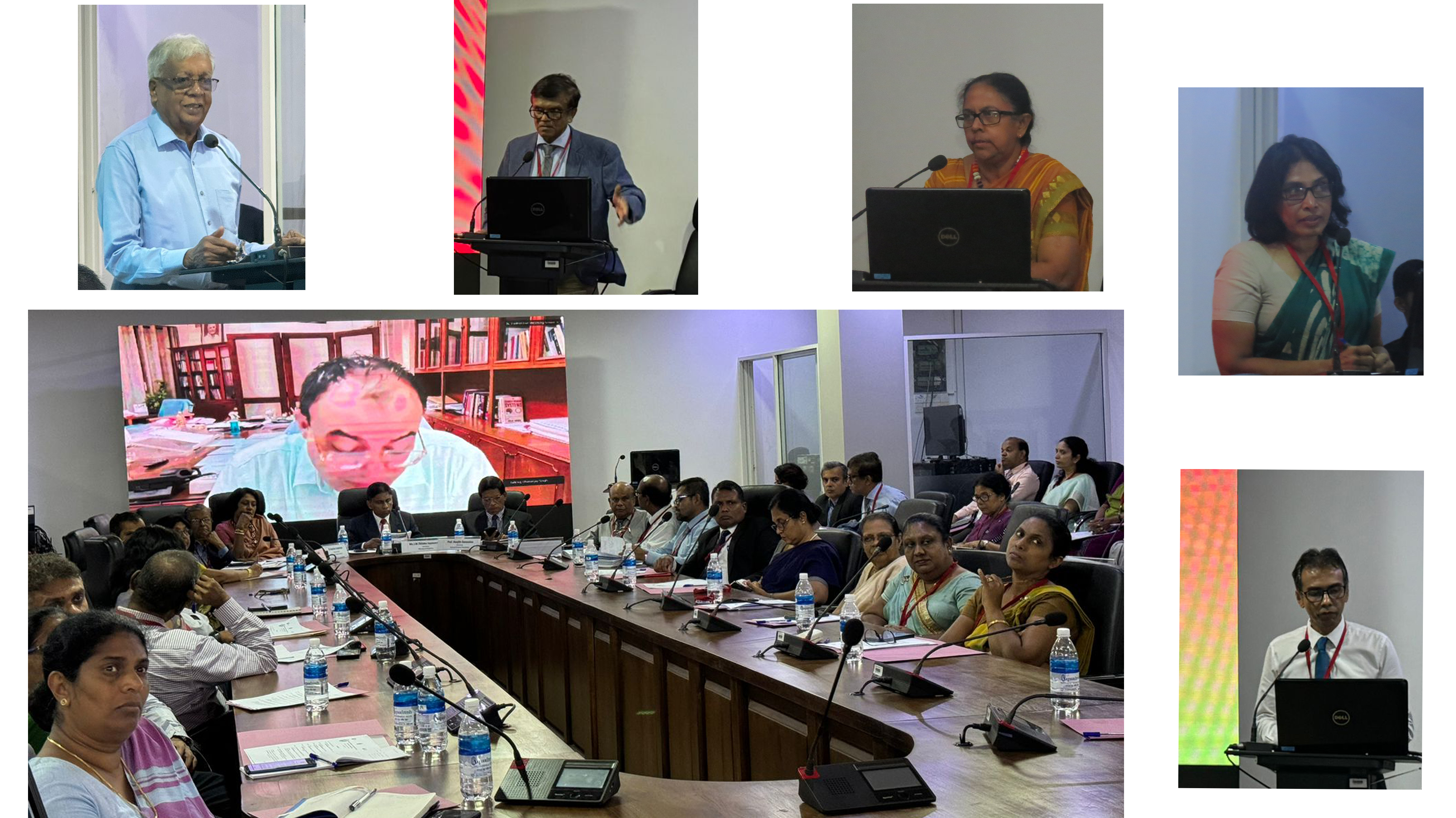
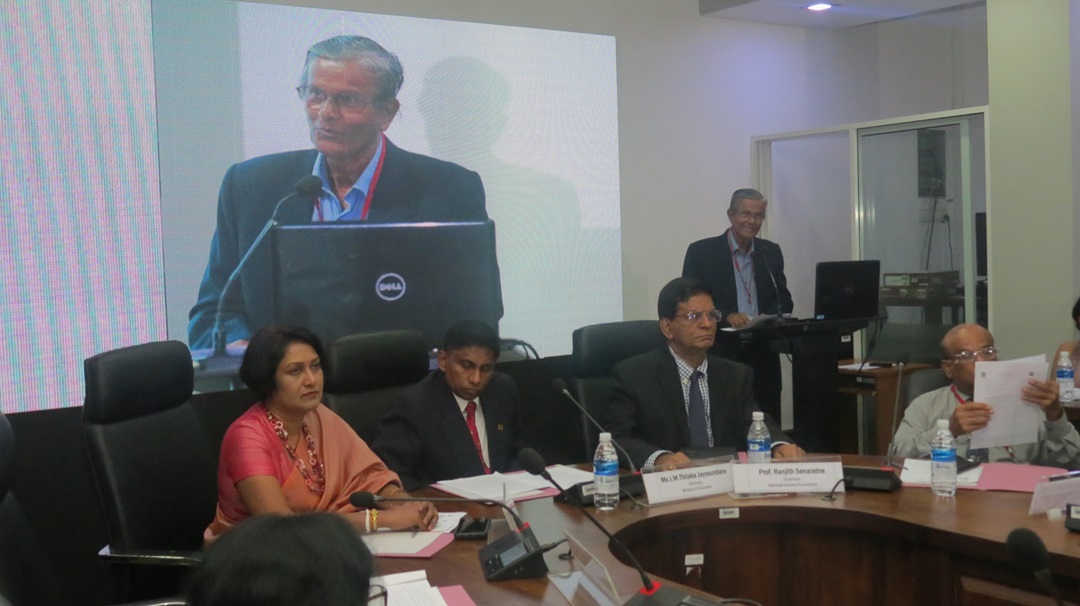
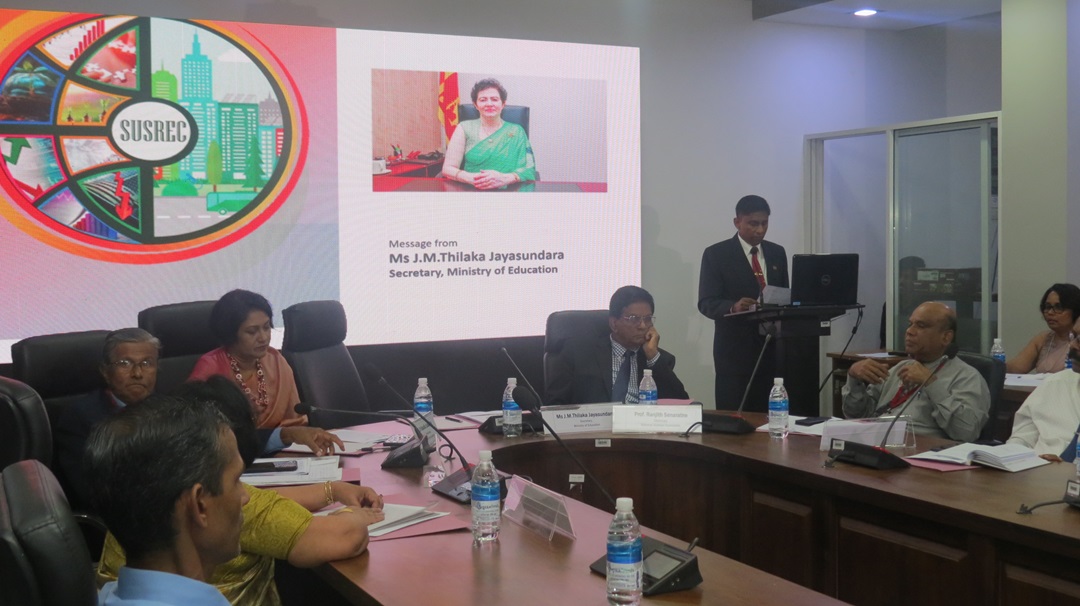
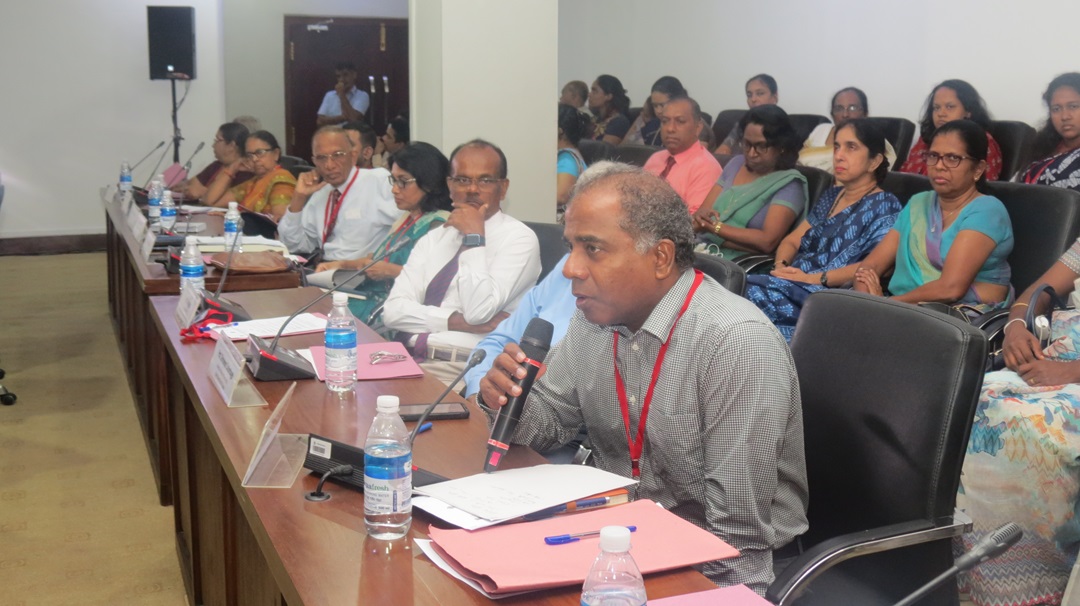
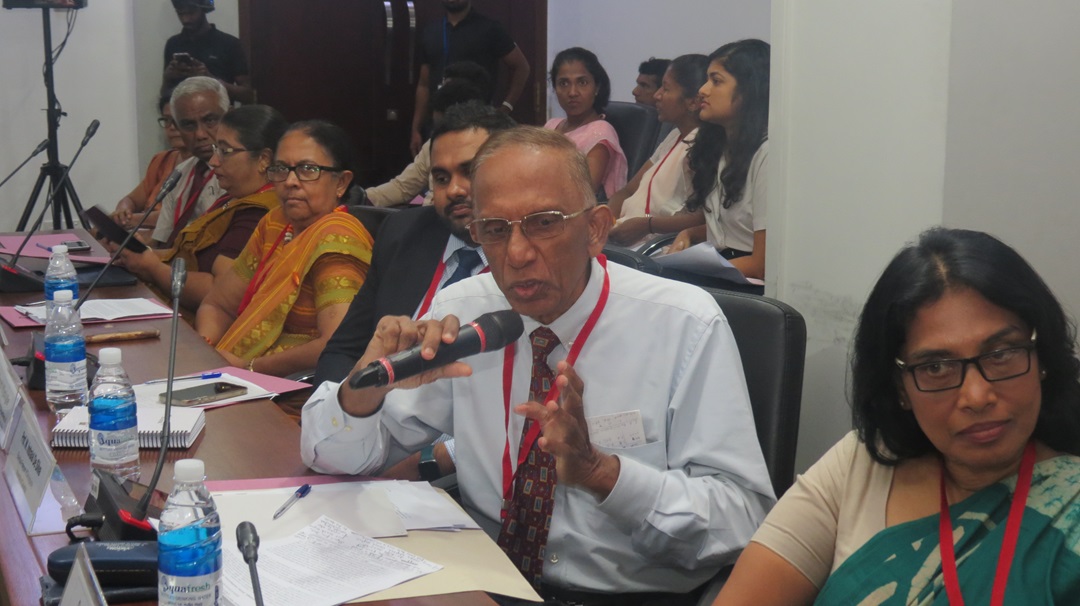
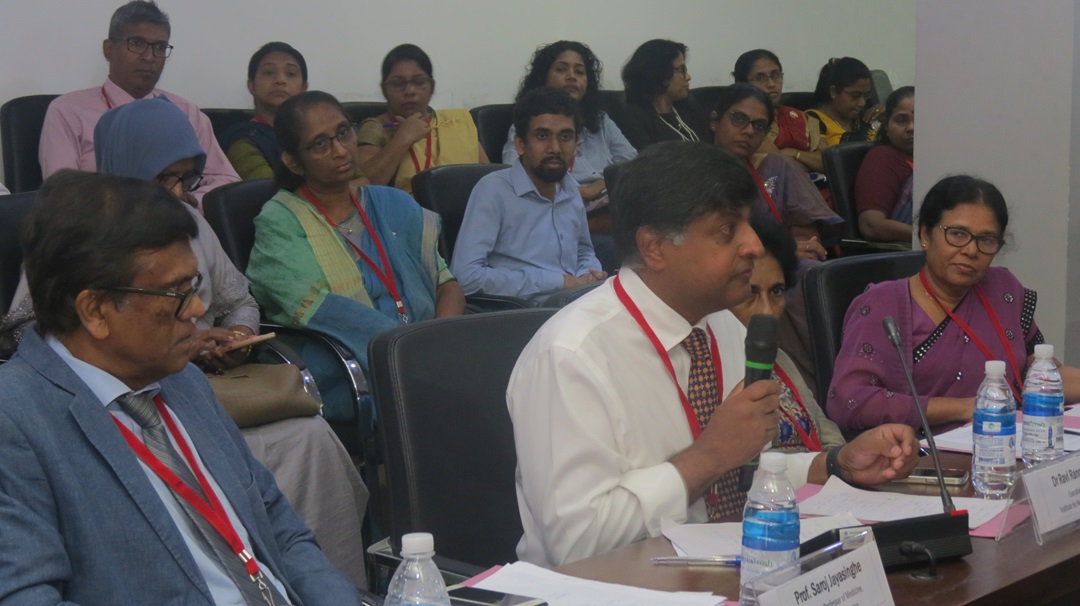
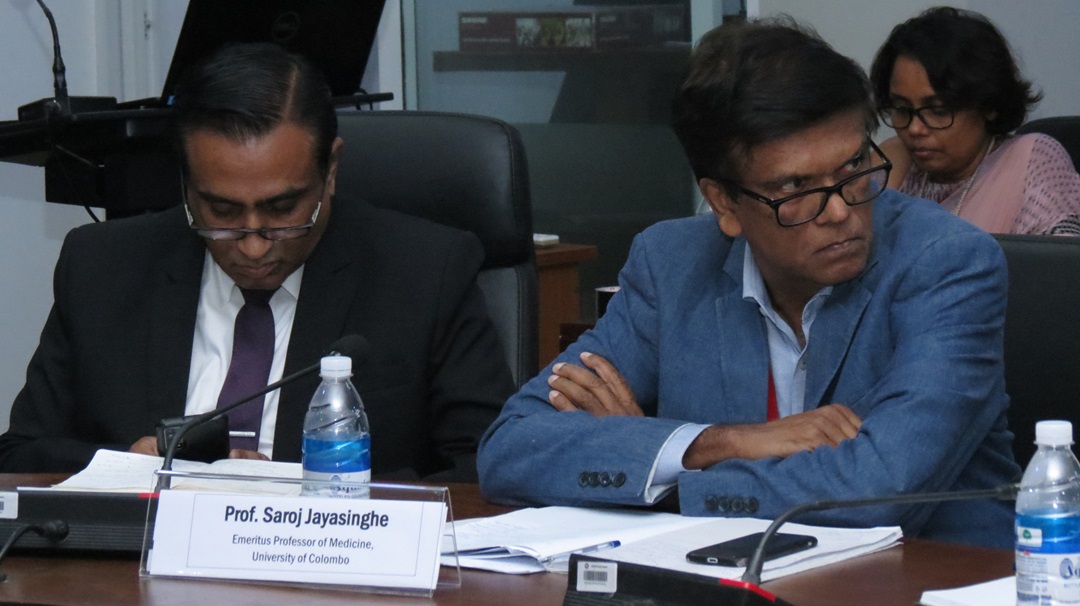
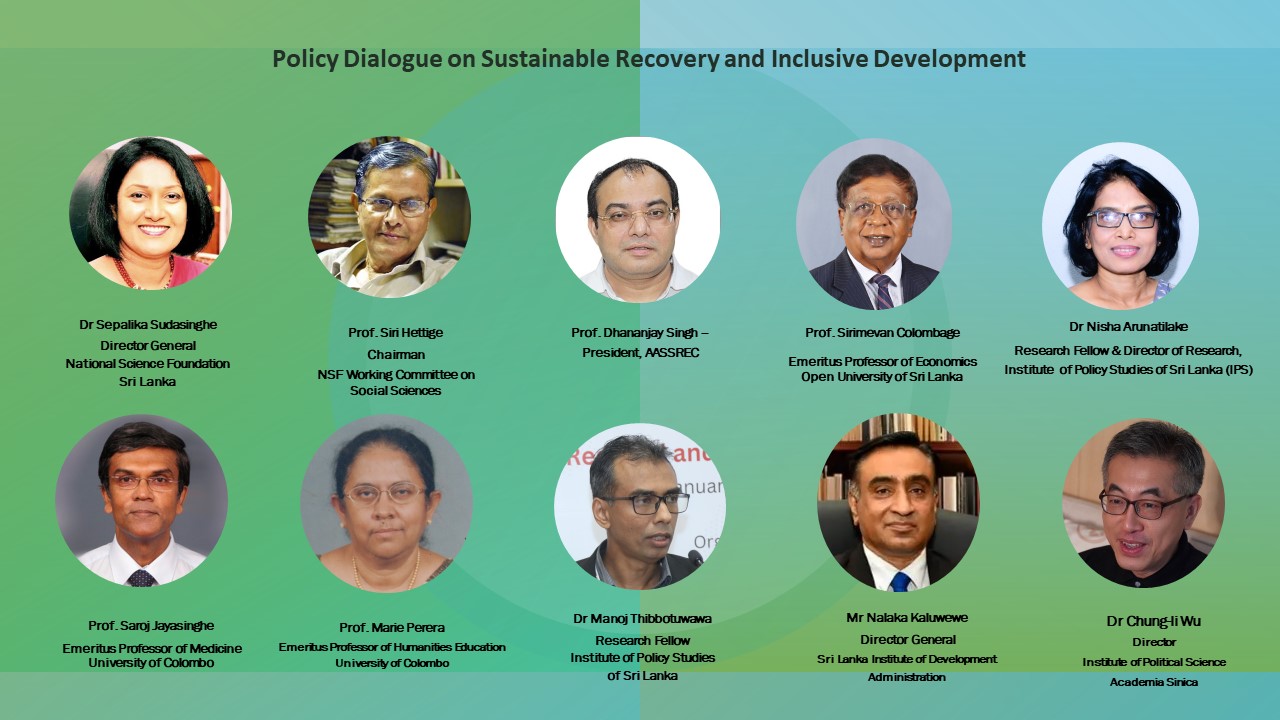
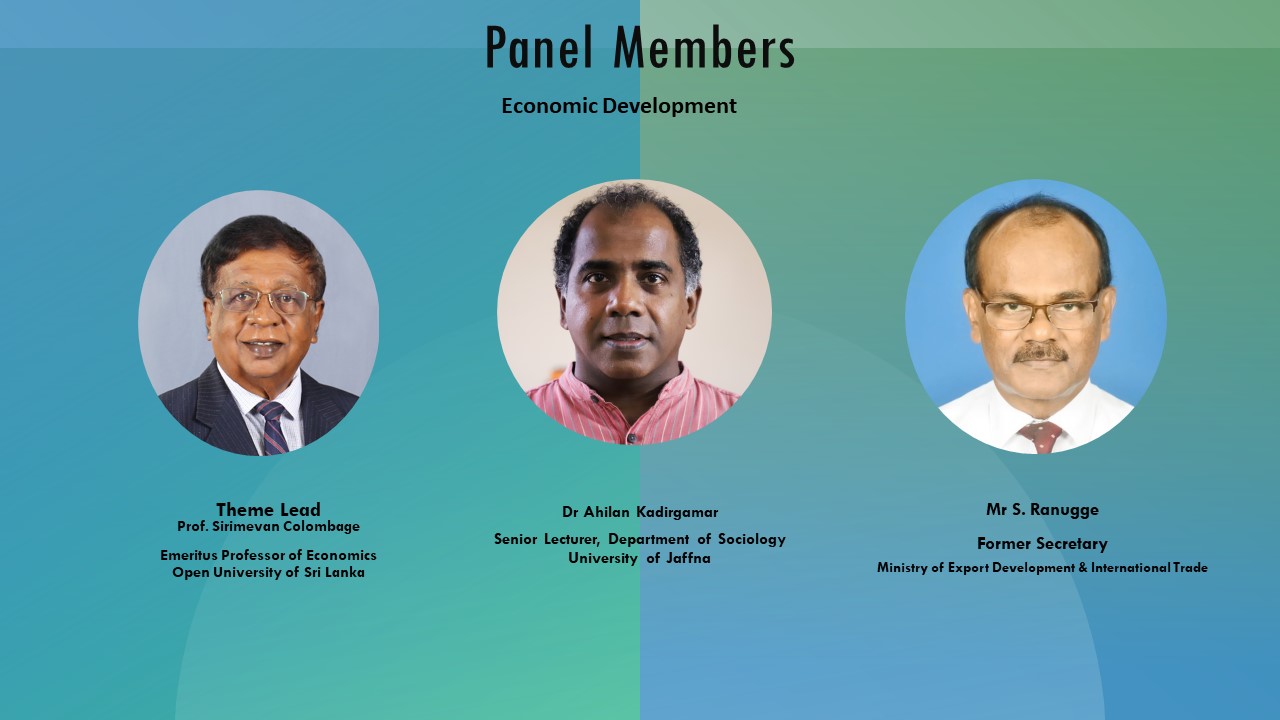
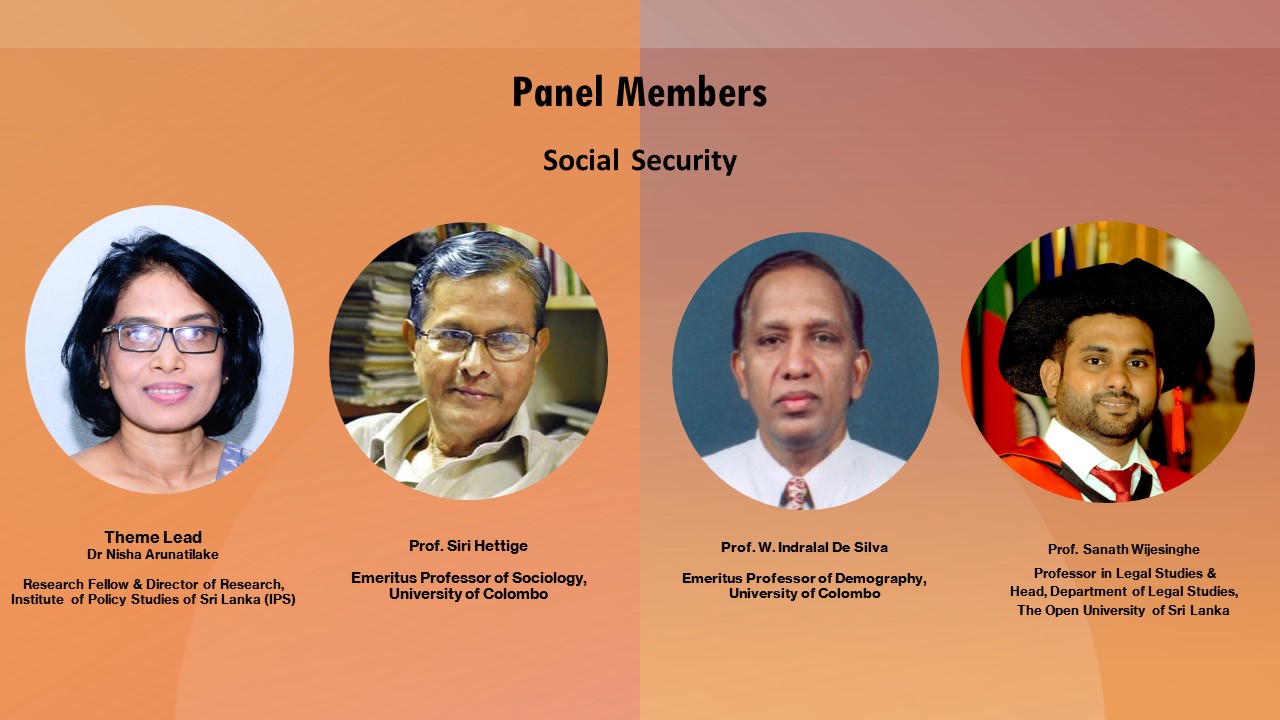
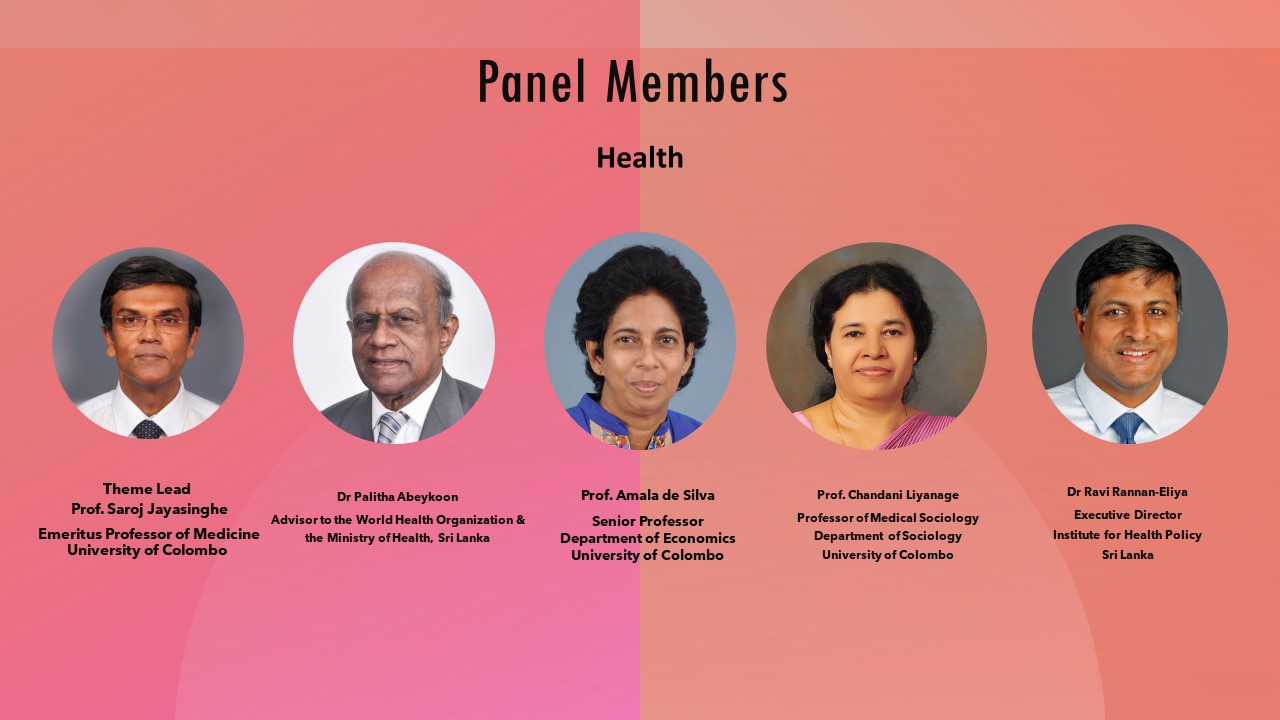
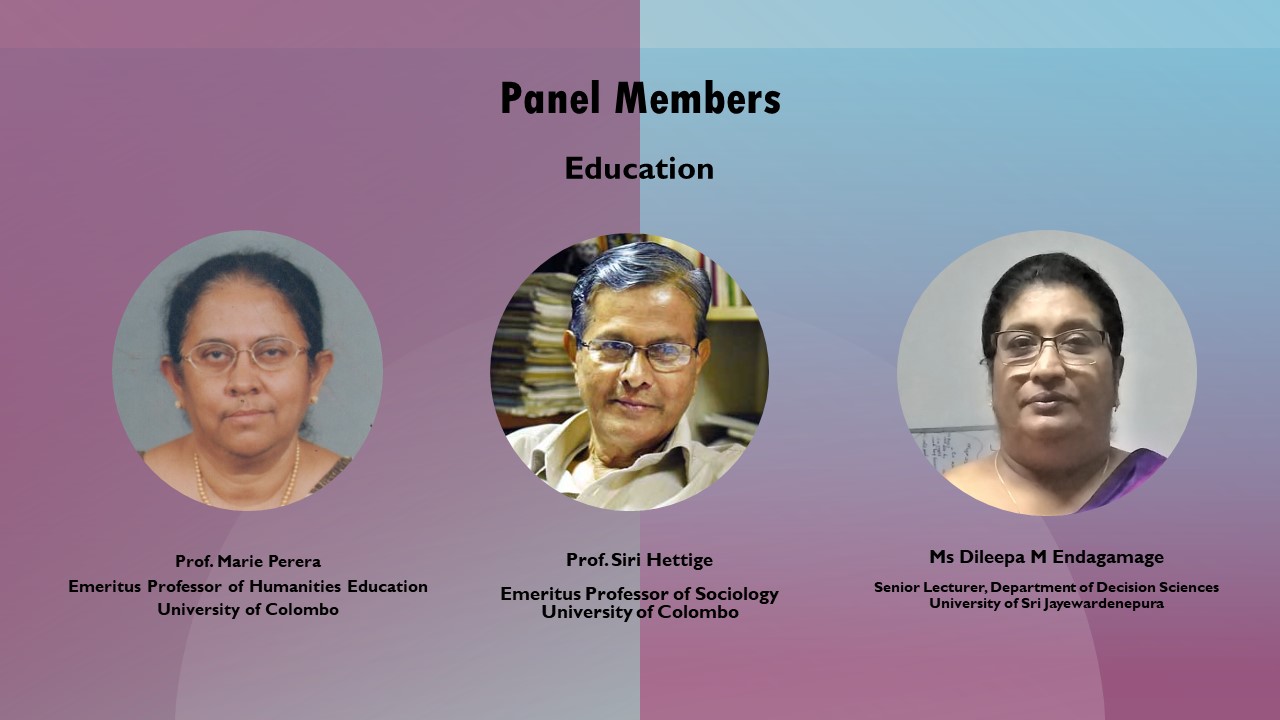
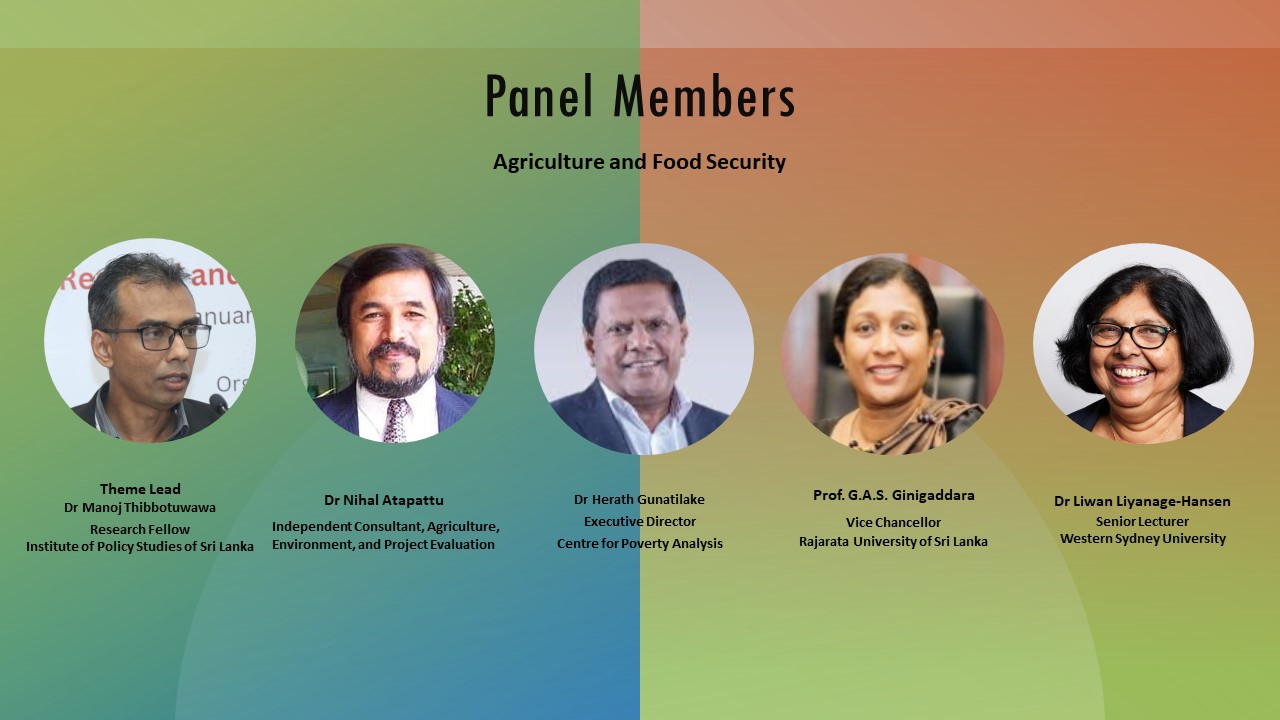
The Sri Lankan economy is re-emerging from the worst socio-economic crisis. Evidence based policy making approach is important as it advocates for policy decisions addressing the actual ground realities, or influenced by, rigorously established objective evidence.
Since National Science Foundation (NSF) is the premier organization by its mandate devoted to crystallizing and dissemination of evidence-based policy recommendations towards fostering science, technology and innovation, it understands the significant role that social sciences could play in the context. Knowledge solutions for development are essential to make our limited development financing more effective.The NSF, Sri Lanka also recognizes the critical role that transdisciplinary research approach could play in shaping effective policies crosscutting all the sciences together to generate effective policies for recovery and inclusive development.
With the aforementioned objective, NSF unfolded a national consultative forum under the theme "Sustainable Recovery and Inclusive Development” as a hybrid event enabling a wider engagement of academia along with the policy formulators, policy practitioners and relevant policy experts which was held on 31st July 2024 in Colombo. The event was also attended by representatives from mass media who play a vital role in information dissemination and ultimately in the process of public policy making. Association of Asian Social Science Research Councils (AASSREC) partnered with NSF in making this important event a success by mobilizing expert resource persons from AASSREC member States who shared experience from the region.
Five theme papers were presented at the forum which were developed by five expert groups addressing the themes namely Agriculture and Food Security, Health, Economic Development, Education and Social Security which have a substantial influence on the wellbeing of the people. The papers then were opened for wider stakeholder views at this forum ensuring the bottom-up approach of policy making. There were many constructive suggestions, comments and views surfaced at the forum which will be processed further and refined in order to generate evidence-based policy recommendations under aforementioned five themes to be forwarded to the relevant policy-formulating and practicing entities for implementation.
Lead role in organising this forum was played by the Science and Technology Policy Research Division (STPRD) of NSF headed by Mr Wasantha Anuruddha under the guidance and directives of Dr Sepalika Sudasinghe, the Director General and Prof. Ranjith Senaratne, the Chairman of the NSF. Substantial expertise contribution made by members of the NSF Working Committee on Social Sciences in this endeavour is greatly acknowledged.
Link to details about the five theme papers and expert group members: https://www.nsf.gov.lk/index.php/component/content/article/20-home/636-the-e-compendium?Itemid=101

